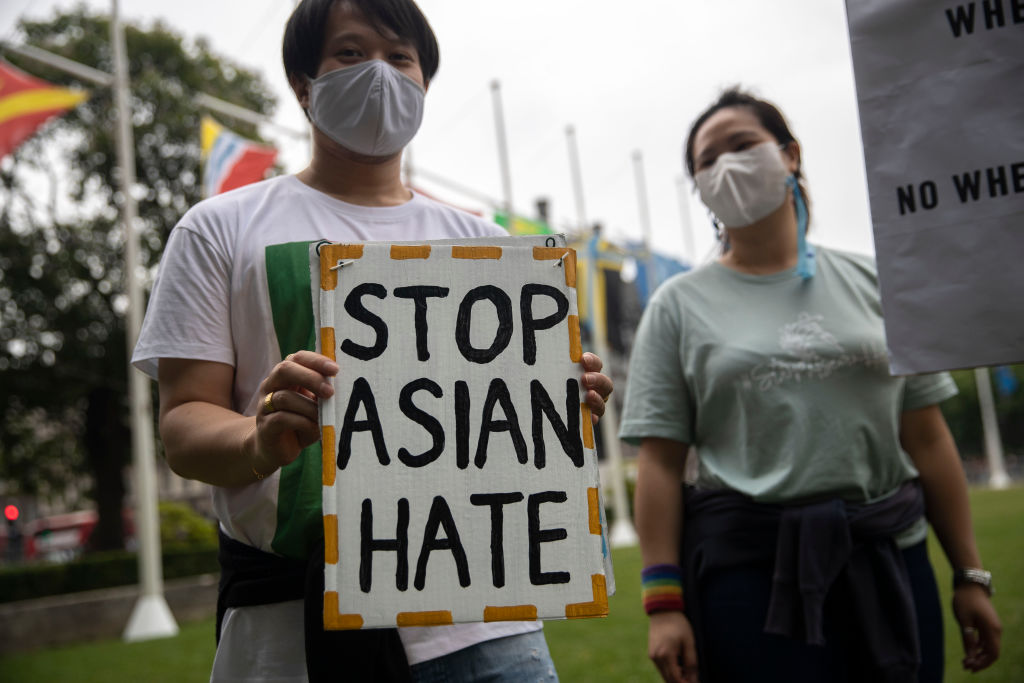
Source: SOPA Images / Getty
According to the latest report from the nonprofit organization Stop AAPI Hate, there have been 9,041 disclosed incidents of hate directed at Asian Americans and Pacific Islanders from March 2020 through this June. Respondents to the survey cited being spat on, physical attacks in public, workplace bullying, slurs, and being told “go back to China” among other acts of harassment. In fact, greater than one-quarter of the reported incidents (27%) occurred within the three-month span of April 2021 to June 2021 alone.
Since the start of the pandemic, there has been a spate of overt acts of violence towards the Asian Americans and Pacific Islander community, particularly women. More than 63 percent of victims were female, including the murder of six Asian women in Atlanta and the assault of a 65-year-old Filipina woman on her way to church.
The AAPI report also documented the historical precedent for Anti-Asian sentiment in the U.S. and its compound effects in light of the pandemic. For example, this past May, the Chinese Americans Civil Rights Coalition sued former President Trump for $22.9 million over his repeated referral to COVID-19 as the “China virus,” “Chinese virus” and “Wuhan virus.”
Prof. Brendan Lantz is a criminology professor at Florida State University who researches hate and bias crimes; he spoke with CNN about the impact of President Trump’s language on this topic. “Hate crimes reflect power dynamics within a society,” he said. “If former President Donald Trump can legitimize bias through his own rhetoric, then people feel as if their bigotry and hate crimes are condoned.”
Furthermore, a greater number of hate crimes go unreported because many victims also deal with feelings of shame, isolation, language barriers, and doubt as to if they were sincerely targeted for their ethnicity or were just unfortunate.
“When anyone is personally attacked, much more if they’re personally attacked because of their identity, your safe place is to go somewhere where you can talk about it in a way that you feel most comfortable,” said Carmelyn Malalis, the commissioner of the New York City Commission on Human Rights. “In a lot of communities, especially when we’re talking about AAPI immigrant communities, government or law enforcement has not always been a source of support for them.”
















